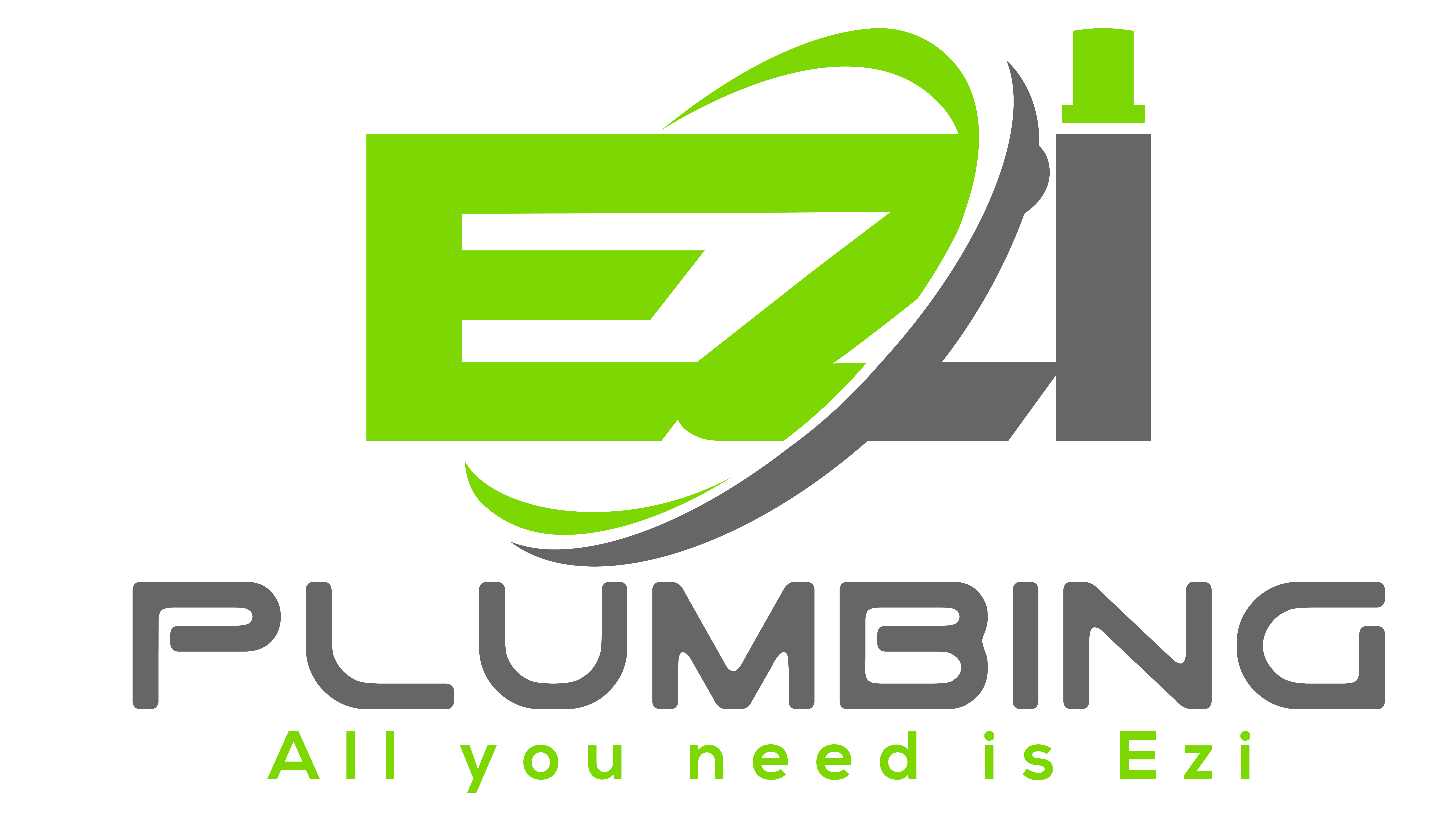Welcome to “The Ultimate Guide to Hot Water System Maintenance”! Your hot water system is an essential component of your home, providing comfort and convenience on a daily basis. However, like any other appliance, it requires regular maintenance to ensure optimal performance and longevity. In this comprehensive guide, we will delve into the crucial aspects of hot water system maintenance, covering everything from simple DIY tasks to professional servicing.
Whether you’re a homeowner, a landlord, or a tenant, understanding how to properly maintain your hot water system can save you from unexpected breakdowns, costly repairs, and inconvenience. We’ll explore common issues that arise with hot water systems, preventive measures to keep them running smoothly, and when it’s time to call in the experts.
By following the tips and advice outlined in this guide, you’ll not only prolong the life of your hot water system but also save money on energy bills and reduce your environmental footprint. Let’s dive in and ensure your hot water system remains in top-notch condition for years to come!
Regular Inspections: Your First Line of Defense
Regular inspections serve as the cornerstone of hot water system maintenance, offering a proactive approach to identifying potential issues before they escalate into costly repairs or system failures. In this detailed exploration, we’ll delve into the importance of regular inspections, guiding you through the process step by step.
Why Regular Inspections Matter
Regular inspections are crucial for maintaining the efficiency, safety, and longevity of your hot water system. By routinely checking various components, you can detect signs of wear, leaks, or other issues early on, preventing small problems from escalating into major headaches. Additionally, proactive maintenance can help optimize energy efficiency, saving you money on utility bills in the long run.
Visual Inspections
Visual inspections are a simple yet effective way to assess the condition of your hot water system. Start by examining the exterior of your water heater for any signs of corrosion, rust, or water stains, which could indicate leaks. Inspect the surrounding area for puddles or dampness, as these may also signal a leak. Check the pressure relief valve and drain valve for any visible signs of damage or leakage.
Checking for Leaks
Even small leaks can lead to significant water damage and energy wastage over time. During your inspection, carefully examine all connections, fittings, and pipes for signs of leaks. Use a flashlight to inspect hard-to-reach areas, such as behind the water heater or in crawl spaces. If you notice any pooling water or dripping, take immediate action to address the issue before it worsens.
Monitoring Water Pressure
Water pressure plays a crucial role in the proper functioning of your hot water system. Use a pressure gauge to measure the water pressure at various fixtures throughout your home, including sinks, showers, and faucets. Abnormally high or low water pressure could indicate underlying problems with your system, such as a malfunctioning pressure reducing valve or a clogged pipe.
Testing Temperature Settings
Maintaining the correct temperature settings on your water heater is essential for both safety and efficiency. Use a thermometer to measure the temperature of the hot water at different faucets or fixtures in your home. Adjust the thermostat on your water heater as needed to ensure that the water temperature falls within the recommended range (typically between 120°F and 140°F).
Dealing with Hard Water: Tips for Prevention and Treatment
Hard water, characterized by high mineral content, is a common issue in many households. While it’s generally safe to consume, hard water can cause various problems for your plumbing system and appliances, particularly your hot water system. The minerals in hard water, such as calcium and magnesium, can accumulate in pipes, fixtures, and appliances, leading to reduced water flow, decreased efficiency, and even damage over time. However, there are several strategies you can employ to prevent and treat hard water issues effectively.
Identifying Hard Water Symptoms
The first step in dealing with hard water is recognizing its symptoms. Common signs include white, chalky deposits on faucets and fixtures, reduced water flow, soap scum buildup in sinks and showers, and dry, itchy skin after bathing.
Water Softening Systems
One of the most effective ways to combat hard water is by installing a water softening system. These systems use ion exchange to remove calcium and magnesium ions from the water, replacing them with sodium or potassium ions. Water softeners come in various types, including salt-based, salt-free, and magnetic systems, each with its own benefits and considerations.
Regular Maintenance of Water Softeners
If you already have a water softening system in place, it’s essential to perform regular maintenance to ensure its effectiveness. This includes replenishing salt or potassium pellets in salt-based systems, cleaning or replacing filters, and occasionally recalibrating the system as needed.
Alternative Treatments
In addition to water softeners, there are alternative treatments available for dealing with hard water. These include electronic water descalers, which use electromagnetic waves to alter the structure of mineral particles, preventing them from adhering to surfaces. While not as widely studied as traditional water softeners, electronic descalers can be a viable option for some households.
Preventative Measures
Beyond installing water treatment systems, there are preventative measures you can take to minimize the impact of hard water. For example, using vinegar or citric acid solutions to regularly clean faucets, showerheads, and other fixtures can help remove mineral deposits and prevent buildup. Additionally, installing sediment filters or whole-house filtration systems can help reduce the amount of minerals entering your plumbing system in the first place.
Professional Maintenance: When to Call in the Experts
Maintaining your hot water system is essential for its longevity and efficiency. While many maintenance tasks can be performed by homeowners, there are certain situations where it’s best to call in the experts. Knowing when to seek professional help can save you time, money, and potential headaches down the road.
- Complex Repairs: If you encounter issues with your hot water system that require complex repairs, it’s wise to enlist the help of a professional plumber. Complex repairs may include issues with the heating element, thermostat, or pressure relief valve. Attempting to fix these problems yourself without the necessary expertise can lead to further damage and may even pose safety risks.
- Gas or Electrical Concerns: Hot water systems that run on gas or electricity can present unique challenges. If you notice unusual smells, sounds, or fluctuations in gas or electrical supply, it’s important to call in a qualified technician. Gas leaks or electrical faults can be dangerous and should be addressed promptly by someone with the appropriate training and experience.
- Water Heater Replacement: When your hot water system reaches the end of its lifespan or experiences irreparable damage, it’s time to consider replacement. Installing a new water heater requires technical know-how and specialized tools. A professional plumber can assess your needs, recommend the right type and size of water heater, and ensure proper installation for optimal performance.
- Water Quality Issues: If you’re experiencing water quality issues such as strange tastes, odors, or discoloration, it’s best to consult with a water treatment specialist. These professionals can conduct water tests to identify the underlying causes of poor water quality and recommend appropriate filtration or treatment solutions.
- Manufacturer Warranty Service: If your hot water system is still under warranty and requires repairs or maintenance, it’s important to follow the manufacturer’s guidelines. Many warranties require service to be performed by authorized technicians to remain valid. A professional plumber certified by the manufacturer can ensure that any warranty-related work is carried out correctly and in compliance with warranty terms.
Conclusion
Maintaining a reliable hot water system is paramount for ensuring comfort and functionality within any residential or commercial setting. At EZI Plumbing, we understand the importance of regular maintenance to prevent unexpected breakdowns and extend the lifespan of your system. By following the comprehensive guidelines outlined in “The Ultimate Guide to Hot Water System Maintenance,” we empower our customers in Chain Valley Bay, NSW, and beyond to proactively care for their systems, fostering efficiency, reliability, and peace of mind. For further assistance or inquiries, please don’t hesitate to contact us at +61 448467788.

